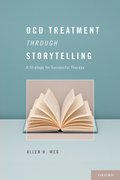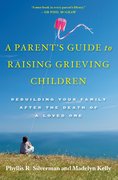OCD treatment through storytelling
Obsessive Compulsive Disorder (OCD) is an often misunderstood anxiety disorder. It’s treatment of choice, a form of Cognitive Behavioral Therapy known as Exposure and Response Prevention (ERP), is likewise difficult to grasp and properly use in therapy for both consumers and their therapists. This is in part because of the counter-intuitive nature of ERP, as well as the subtle twists and turns that OCD can take during the course of treatment.















